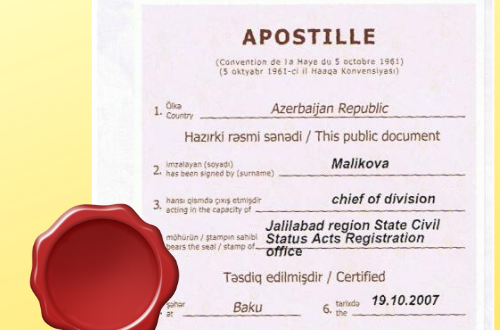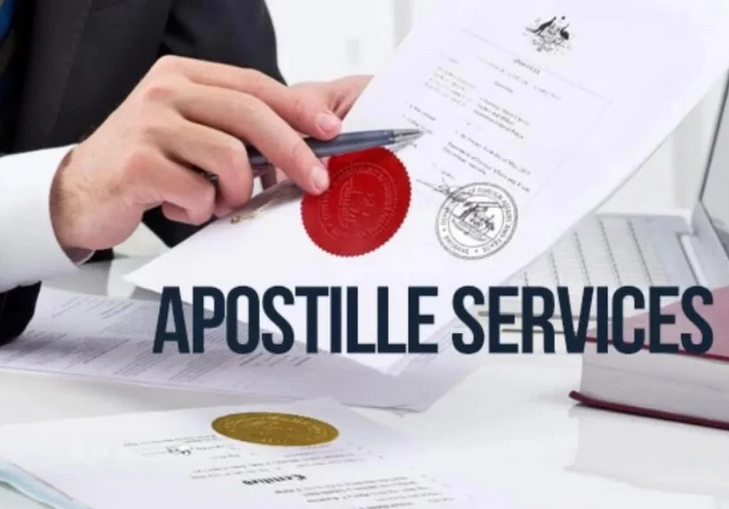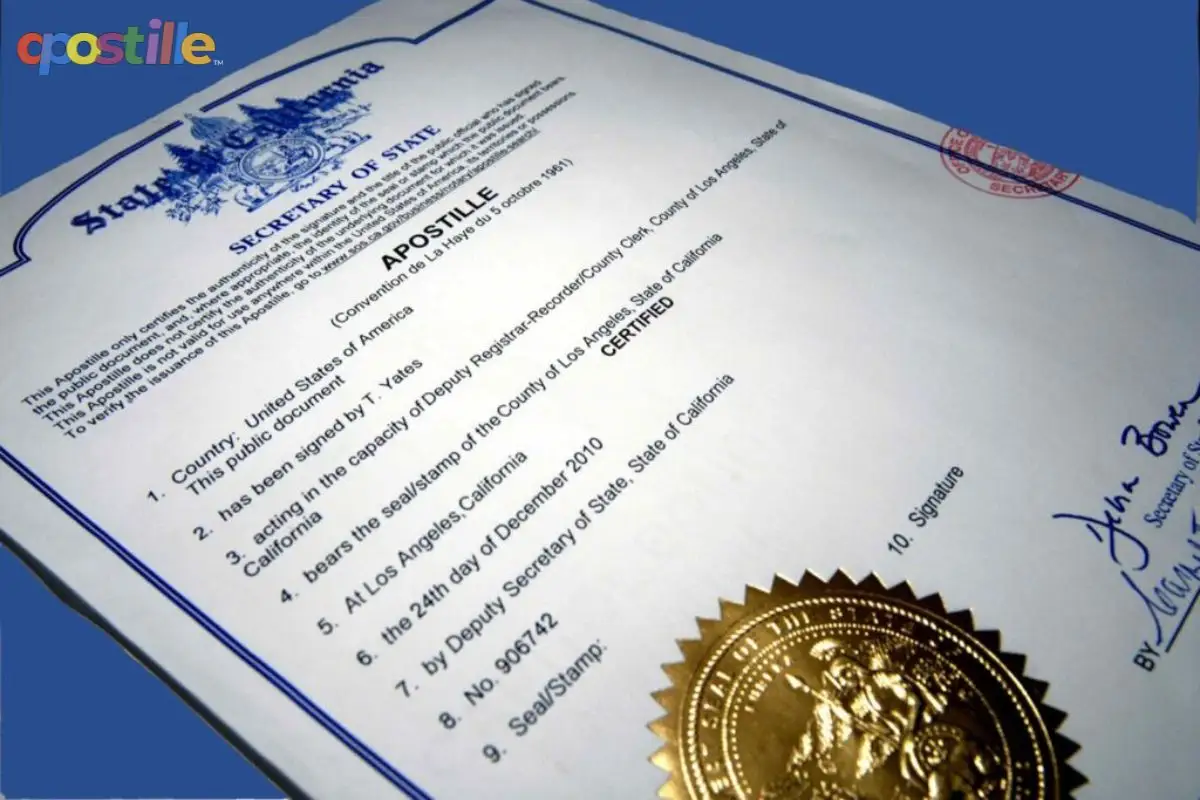Houston Texas Apostille Service: Your Path to International Recognition
Houston Texas Apostille Service: Your Path to International Recognition
Blog Article
Digging Into the Factors Behind the Mandatory Requirement of Apostille Certification for Legal Papers
In the realm of lawful documents, the mandatory requirement of apostille certification has actually come to be a necessary element that substantially affects the credibility and recognition of legal documents on a worldwide range. Comprehending the rationale behind this necessity entails diving into the elaborate web of legal complexities, historical criteria, and international contracts that underscore the importance of apostille qualification in today's interconnected world. By exploring the underlying factors behind this extensive demand, a more clear photo emerges of why this seemingly administrative process holds such enormous relevance for companies, individuals, and governments alike.
Historical Advancement of Apostille Accreditation
How did the principle of apostille accreditation advance over time to become a necessary component of international file recognition? The demand for a simplified technique of verifying records for use across borders ended up being noticeable as worldwide profession and traveling increased.
At first embraced by a couple of European countries, the Apostille Convention progressively obtained worldwide approval as a result of its performance and effectiveness in verifying the legitimacy of official papers. Throughout the years, the convention's reach expanded as more countries joined, recognizing the apostille as a generally approved type of paper authentication. Today, apostille certification has become a conventional demand for verifying legal papers in international purchases, ensuring smooth communication and lawful process in between countries.
Simplifying International Document Legalization
The streamlining of worldwide record legalization procedures has actually considerably boosted efficiency in cross-border deals. Streamlining the procedure of legalizing records for global use has actually become critical in promoting swift and seamless purchases between countries. Among the crucial mechanisms that have added to this simplification is the fostering of the Apostille Convention, which provides a standardized technique for confirming the credibility of papers across getting involved nations.
By sticking to the Apostille demands, countries accept acknowledge each various other's public records as legitimate without the need for more legalization. This removes the usually difficult and lengthy process of several verifications by different authorities, saving time and sources for businesses and people engaged in international tasks.

Ensuring Record Credibility and Credibility
To make sure the credibility and legitimacy of legal records in worldwide transactions, strict confirmation procedures are vital. By needing apostille accreditation for legal papers, authorities intend to verify the origin of records and verify the signatures of individuals entailed.
Moreover, validating the credibility of lawful files with apostille accreditation boosts trust and confidence among events engaging in international deals. It supplies guarantee that the documents provided are real and legally binding, thereby decreasing the risks related to illegal tasks. In addition, ensuring file legitimacy through apostille qualification simplifies the legalization procedure, making it a lot more reliable and reputable for companies and people conducting service throughout borders. Eventually, by supporting strict verification criteria, apostille accreditation adds to a much more transparent and secure global lawful framework.

Helping With Cross-Border Legal Recognition
In the world of worldwide purchases, important link the apostille accreditation not just makes sure the authenticity and legitimacy of legal records yet additionally plays a pivotal role in facilitating cross-border legal recognition (Houston Apostille). When lawful papers bear an apostille certification, they are readily approved by foreign authorities without the need for additional verification. This structured procedure speeds up the acknowledgment of documents in different nations, advertising effectiveness and minimizing governmental difficulties in lawful matters that transcend nationwide limits
Facilitating cross-border lawful recognition with apostille accreditation promotes trust fund and self-confidence in the authenticity of papers traded between countries. This acknowledgment is specifically critical in circumstances such as global company deals, fostering procedures, or legal procedures entailing celebrations from various jurisdictions. By sticking to the requirements established forth by the Apostille Convention, nations consent to recognize the apostille seals fastened to papers from various other member countries, thus simplifying the procedure of legal acknowledgment throughout borders. Ultimately, the apostille accreditation acts as an essential device in promoting smooth global legal collaboration and making sure the smooth procedure of cross-border transactions.
Compliance With International Treaty Specifications
Conformity with global treaty criteria is critical for ensuring the uniform application of legal regulations throughout participating nations. The Apostille Convention, established in 1961, outlines the requirements for the acceptance of public documents among participant nations. By adhering to the standards why not try these out set forth in this treaty, nations see here commit to recognizing the validity of each various other's certification without the demand for additional verification - Houston Apostille. This mutual acceptance improves the process of cross-border document acknowledgment, advertising effectiveness and minimizing administrative difficulties.
The Apostille accreditation, as mandated by the treaty, functions as a guarantee of credibility for files such as birth certifications, marriage licenses, court judgments, and notarized deeds. This standard approach aids prevent scams and makes sure that legal papers stemming from one member nation are readily approved in an additional. In addition, by following international treaty criteria, nations show their commitment to promoting the principles of openness, count on, and collaboration in lawful matters on an international scale.
Conclusion

In the world of legal paperwork, the compulsory need of apostille certification has ended up being a crucial aspect that substantially influences the validity and recognition of legal papers on a worldwide scale. Today, apostille accreditation has actually come to be a standard demand for validating legal documents in global deals, making certain smooth communication and lawful procedures in between nations.
Additionally, validating the credibility of lawful records via apostille qualification boosts trust fund and self-confidence among celebrations involving in worldwide deals.In the realm of worldwide transactions, the apostille accreditation not only ensures the credibility and legitimacy of lawful papers however likewise plays a critical function in helping with cross-border legal acknowledgment. By sticking to the standards set forth by the Apostille Convention, countries concur to honor the apostille seals affixed to documents from various other participant countries, thus streamlining the procedure of lawful recognition throughout boundaries.
Report this page